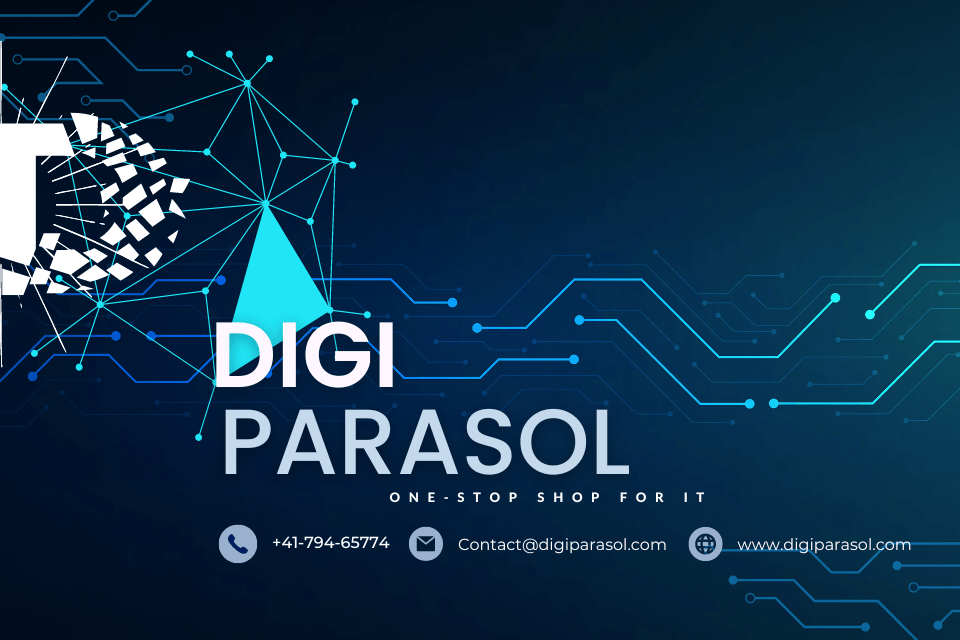Artificial Intelligence (AI) has already made significant strides in transforming various industries, from healthcare to finance. However, as technology continues to evolve, the next frontier for AI lies in smart applications. These applications leverage AI technologies such as machine learning and natural language processing to enhance user experiences and provide more personalized services.
Smart applications are designed to think and act intelligently, taking into account user preferences, behaviors, and patterns. They can analyze vast amounts of data in real-time and make decisions that improve efficiency, productivity, and overall customer satisfaction.
One of the key areas where smart applications are gaining traction is in the healthcare sector. AI-powered applications can help healthcare providers improve patient care by analyzing medical records, detecting patterns in data, diagnosing diseases, and even predicting potential health issues. For example, smart applications can monitor patients remotely, provide personalized treatment plans, and offer real-time feedback to both patients and healthcare providers.
In the finance industry, smart applications are revolutionizing the way financial institutions interact with customers. These applications can analyze customer data to personalize services, recommend products, detect fraudulent activities, and provide real-time customer support. For example, banks can use AI-powered chatbots to answer customer queries, offer financial advice, and even help with account management.
In the retail sector, smart applications are enhancing the overall shopping experience for customers. Retailers can use AI technologies to track consumer behavior, recommend products based on individual preferences, and optimize pricing strategies. For example, online retailers can use AI-powered algorithms to offer personalized discounts, promotions, and loyalty programs to attract and retain customers.
Smart applications are also making waves in the marketing and advertising industries. AI-powered applications can analyze customer data to create targeted advertisements, automate campaigns, and optimize marketing strategies. For example, marketers can use AI technologies to predict customer preferences, track social media trends, and personalize content to engage with their target audience.
The education sector is also benefiting from smart applications that use AI technologies to personalize learning experiences for students. These applications can track student progress, identify learning gaps, and provide adaptive learning materials. For example, educational platforms can use AI algorithms to tailor lesson plans, quizzes, and assignments to individual learning styles and preferences.
In the transportation sector, smart applications are helping to revolutionize the way people travel. Ride-sharing companies can use AI-powered applications to optimize routes, predict demand patterns, and improve overall customer experience. For example, commuters can use smart applications to find the fastest route to their destination, share rides with others, and receive real-time updates on traffic conditions.
Overall, smart applications are poised to transform industries by providing more intelligent, personalized, and efficient services to users. As technology continues to evolve, AI-powered applications will play a crucial role in shaping the future of businesses and enhancing the overall customer experience. It is clear that smart applications are indeed the next frontier for AI, and we can expect to see even more innovative applications in the years to come.


